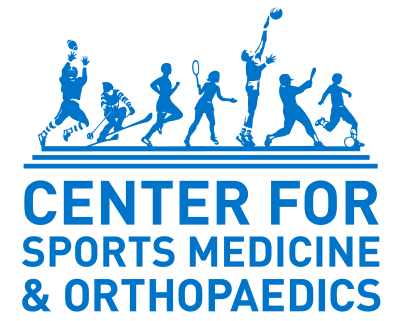Suffering any form of knee injury will wreak havoc on your mobility, yet the treatment may raise some questions. Dr. Kevin Stone said in his contribution to the San Francisco Examiner:
“Recently, a comparative study compared sham knee surgery to a partial resection of the meniscus in 45- to 60-year-old people and noted no difference at one year. In other words, the study seems to suggest that people who just thought they had experienced arthroscopic knee surgery fared just as well as the people who really did have the surgery. If this is the case, you may well be asking yourself: “Is this particular procedure necessary?” If you’ve had this procedure done yourself, how do you know if it really worked or if it was all a placebo?”
The medical practitioner’s thoughts of the matter may see some Chattanooga, TN, residents relate to similar cases; Chattown’s sporting scene is one of the most vibrant in the country despite modest population figures, with several full-contact disciplines, such as American football, rugby, and cycling among others requiring serious knee reinforcement. Meniscus injuries are no joke and can leave you out for some time; a recent University of Tennessee NCAA game against Georgia Tech saw the visitors’ Michael Bennett tear his meniscus (and be sidelined for a month). If you’ve also undergone the pain of a meniscus injury in another activity, let experts at physical therapy in Chattanooga like the good people at Center for Sports Medicine and Orthopaedics set you on the path to fast recovery.
A consultation with a skilled practitioner will identify the issue and explore potential solutions. According to Stone, the meniscus is an important “shock absorber” for the knee and parts of meniscal cartilage tearing up increases pressure in the tibia as well as trigger occasional knee pain. However, the meniscus tears of test subjects were found to be the result of long-term wear instead of direct injuries.
Advances in sports medical science have enabled more thorough meniscal surgery, which may be recommended to avoid future knee problems. For instance, Stone says the procedure involves putting in fresh blood supplies and to use better suture techniques to stabilize the meniscus thoroughly.
The recovery period will depend on the degree of the injury and your full physical condition before your operation. A physical therapist in Chattanooga like the Center for Sports Medicine and Orthopaedics’ Brett Sanders and Todd Bell, MD will accurately gauge the time for you to get moving again.
(Article Information and Image from Surgery and physical therapy important in meniscus injury recovery, San Francisco Examiner)

